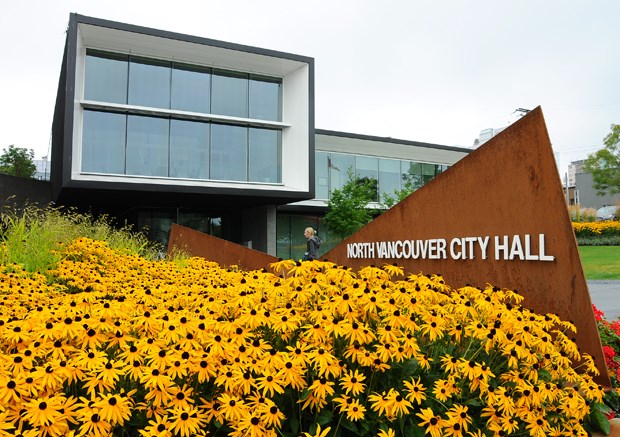City of North Vancouver council is making some tweaks under the hood of its housing policy, hoping to squeeze out some more affordable homes.
Council spent much of Monday’s meeting discussing what has worked and what hasn’t in recent years.
First off, council will be imposing some new criteria for renters who want to live in mid-market rental units included in new apartment buildings.
In recent years, the city has had a policy of requiring 10 per cent of all suites in new rental buildings to be offered at 10 per cent below market rates in perpetuity. As of June, 38 of those units have come online and 142 more have been approved. Another 71 are expected, if council approves all new rental applications currently in the system.
Current policy is that applicants are screened based on income. Under proposed new criteria, the city would also insist the tenants either be current residents of the city, or employees who work in the city. Priority would be given to renters who have been demovicted from the building that previously occupied the property, and families with dependants would be given first shot at multi-bedroom homes. In the short-term, the city will support an online register for people interested in mid-market rentals to get email alerts when one of the suites becomes available, but, in the future, council is seeking to partner with a non-profit with expertise in affordable housing to run the selection process.
The city’s density bonusing policy allows council to grant up to 30 per cent more floor space in strata developments if the space is used for similar below-market rentals; however, staff say no developers have taken the city up on the offer. As a result, planners and consultants are now working on changes to the city’s density bonusing policy, to induce more affordable housing, faster.
Staff estimated another 820 units of non-market rental housing are required to keep up with demand over the next 10 years.
And the city is beginning to roll out some new ideas from the Balanced Housing Lab, a partnership with the Sḵwx̱wú7mesh Úxwumixw (Squamish Nation) and District of West Vancouver aimed at finding new ways of producing housing attainable for households earning between $50,000 and $100,000 per year.
One of the initiatives, a "less adversarial" alternative to the existing development approval process, is already in progress for a four-storey infill development at 115 East Keith Rd.
Staff are also investigating whether affordable housing could be added to properties currently zoned for school or institutional use, or properties where only medium-density housing is considered.
Earlier in the meeting, council discussed their recently finished housing needs report, which anticipates the city will need another 4,655 new homes in the next 10 years, as the city’s population grows by14 per cent, to 67,930 in 2031, according to Metro Vancouver’s projections.
Mayor Linda Buchanan acknowledged the complexity of the housing crisis, saying council has an obligation to investigate any idea that may help.
“Access to affordable and adequate housing is a right we all share, and we have all felt that mounting pressure, whether we are looking for ourselves or if we're looking for our children, or we're actually helping our parents to downsize and age in place. It is difficult and it's a struggle to stay close to home,” she said. “When you're well housed ... it's easy to forget how behind every policy or project there's a person wanting to call our community home. … We have to keep those stories in mind.”
Buchanan also gave notice that she will be bringing a motion that asks staff to investigate the viability of partnering with stakeholders to acquire rental properties to be used for affordable housing, including the viability of a land trust model.
In the same meeting, council voted unanimously to advance a six-storey, all-rental building with 85 rentals (nine at mid-market rates) at 144 West 21st St.



